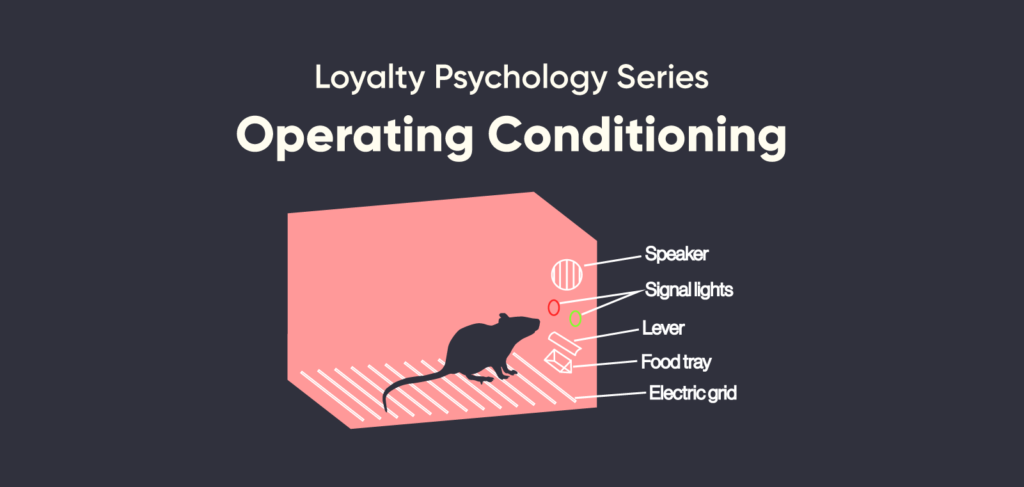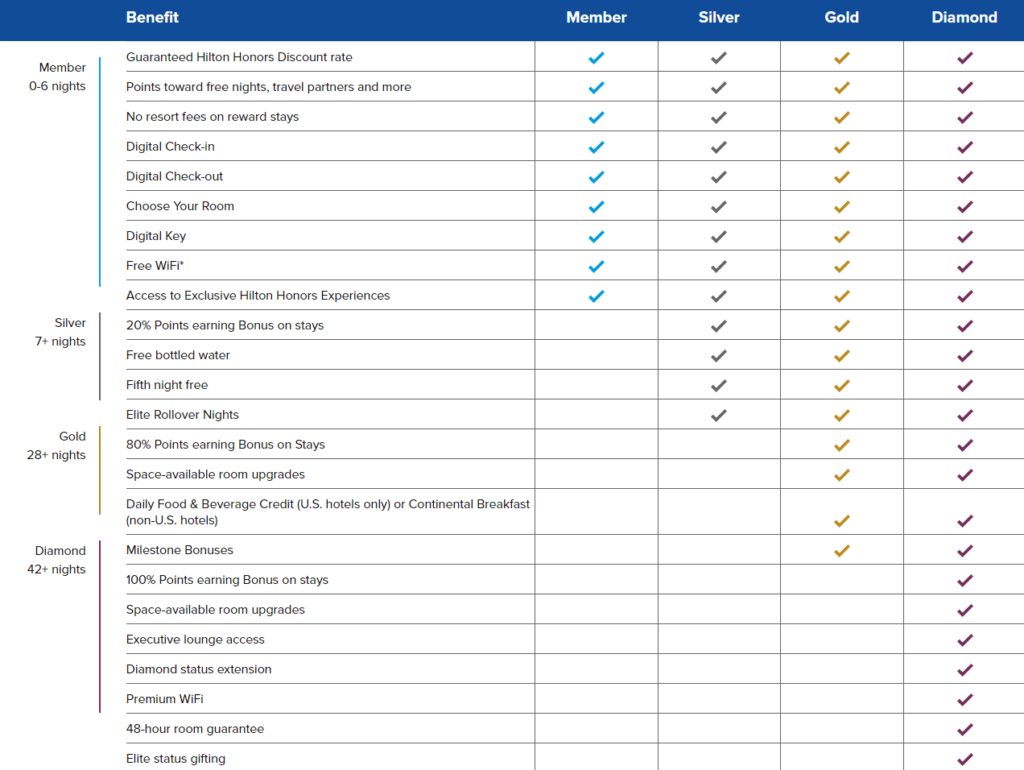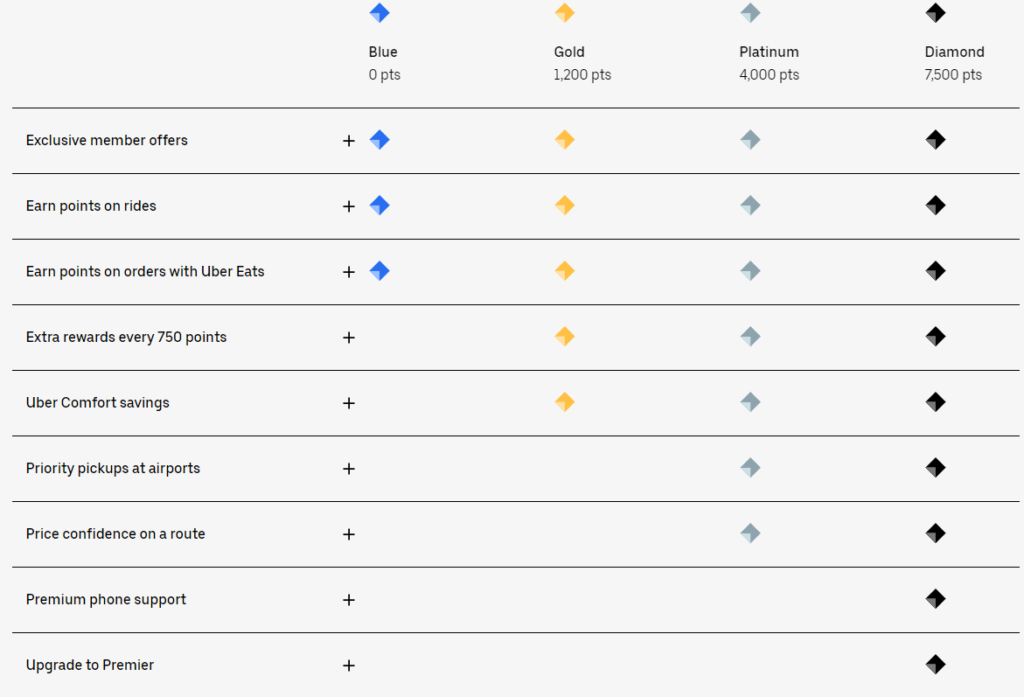
The theory of operant conditioning (19481) was developed by a fellow named B.F. Skinner. Skinner was a psychology professor at Harvard University who was ranked by the American Psychological Association as the 20th century’s most eminent psychologist.
What is Operant Conditioning?
Skinner introduced two new terms into the Law of Effect; reinforcement and punishment. He used these to identify three key insights:
- Behaviour can be increased or maintained by the addition of pleasant stimuli or the removal of aversive stimuli (Reinforcement).
- Behaviour can be decreased by the removal of pleasant stimuli or the addition of aversive stimuli (Punishment).
- Behaviour which is reinforced tends to be repeated (i.e. strengthened), while reinforced behaviour which is no longer reinforced tends to extinguish (i.e. weaken).
Skinner set up a simple experiment involving a box and a rat to help test the operant conditioning theory. The box contained a lever which the rat could operate to either obtain food or stop a small electric shock. The box was connected to electronic equipment that recorded the animal’s actions. With the first iteration of the experiment, the rat could push the lever and receive a pellet of food (positive reinforcer), in the second, the rat could push the lever to stop an electric shock (negative reinforcer)2.

Figure 1: Skinner Box. Several stimuli including lights, images and sounds were used to measure responses. Adapted from ‘The Behaviour of Organisms: An Experimental Analysis’ by B.F Skinner, 1938, Figure 1, p 49.
Substituting a rat with a consumer, if the purchase of a product or service earns points, and the points are redeemed for a desirable reward, the consumer may be more likely to repeat the behaviour, as it has been reinforced with a positive consequence. This effect can be reinforced further with good-quality CX design and marketing which informs and reminds the member of the benefits they have accessed, similar to a slot machine ringing bells and flashing lights each time a gambler wins.
Similarly, threatening the removal of rewarding stimulus (such as removing access to status tier benefits for not earning sufficient status credits) can motivate the member to reduce their stagnant engagement behaviour.
Finally, by removing the reward altogether, program operators can expect a weakening (extinction) of the purchase behaviour.
Case Study: Hilton Honors
Hilton Honors members unlock benefits for reaching ‘nights stayed’ thresholds. i.e., a member will reach silver status and unlock a range of additional benefits after they stay 7+ nights. This is an example of ‘fixed ratio reinforcement’ whereby a reward is offered when a behaviour is performed a certain number of times.
Members are encouraged to continue engaging in this behaviour to unlock an even more desirable set of rewards. This includes free breakfast, bonus points and access to potential room upgrades after 28+ nights stayed when Gold status is unlocked.
Hilton also reinforce behaviour through the application of punishment. That is, members who do not stay enough nights to maintain their status tier will be relegated to a lower tier. With that reduction in status comes the loss of tier privileges, signalling to the member that they must maintain their higher visitation levels to avoid these negative consequences.

Case Study: Uber Rewards
Uber Rewards awards users with exclusive benefits at each ‘points’ threshold. Free to join, the program awards points for Uber rides and Uber Eats orders, which are used to calculate the user’s tier. For example, a user that reaches 4,000 points (Platinum tier) receives the benefit of priority pick up at airports and price confidence between their two favourite places during busy times.
User spend drives revenue for Uber and is the only points earn activity for Uber Rewards (although some spend activities have varying levels of earn), reinforcing the behaviour. Premium phone support and upgrades to Premium rides are reserved for the top tier. Again, users are continually encouraged to engage in purchasing behaviour to unlock more desirable rewards.
Uber delivers punishment in the form of removal of benefits if the points threshold is not achieved in the 6-month period following tier threshold achievement. Once a desirable benefit is made available, many customers will take action to avoid losing the benefit. Punishment for weaker spend keeps the program aligned with business objectives and rewards Uber’s most valuable customers.

Final thoughts
The application of operant conditioning is very powerful in a loyalty context. Brands that can continually identify and strategically reinforce desired behaviours will improve customer engagement within their highest value customer segments. On the other hand, a behaviour that is not continually reinforced is likely to weaken. Whatever the desired customer behaviour is for your business, ensure you are reinforcing it.
Look out for more of our Loyalty Psychology Series articles coming soon!
1 Skinner, B. F, 1948, ‘“Superstition” in the pigeon, Journal of Experimental Psychology, Vol 38, Iss 2, pp168–172.
2 Skinner, B. F., 1938, ‘The Behaviour of Organisms: An Experimental Analysis’, Cambridge, Massachusetts, Figure 1, p49, https://www.researchgate.net/publication/313181463_The_behavior_of_organisms_-_Skinner_BF, accessed 16 July 2022.

